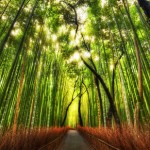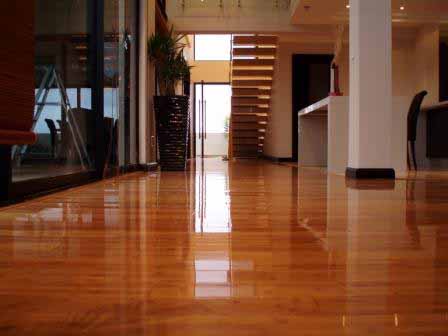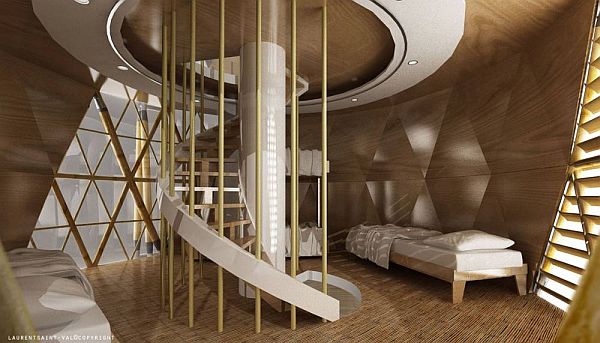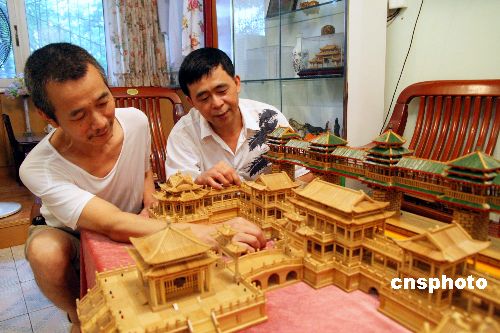10 Amazing Facts About Bamboo

From Eco-friendly pens to bikes to iPad sleeves, bamboo has become the sought-after renewable material to use on everyday items. The bamboo material’s strength, natural beauty, and regenerative properties are just some of the reasons for its popularity.
Bamboo has a lot of qualities that make it an excellent material for eco-promotional items. We have compiled a list of 10 amazing bamboo facts, including why we love the material.
-
It’s the Fastest Growing Plant on this Planet
Bamboo is a grass and not a tree. Therefore it proliferates and can produce fully mature bamboo plants in 3-5 years.
-
It’s Critical for the Atmosphere
Bamboo produces 30% more oxygen than trees, and it plays a critical role in maintaining the balance of oxygen and carbon dioxide in the atmosphere. Bamboo does not need to be replanted, is self-generating, and can be harvested every three to five years.
-
It Can Be a Great Wood Replacement
 Bamboo is flexible, lightweight, and stronger than steel and most hardwoods. Bamboo is also more affordable than wood as it is easy to grow and is one of the cheapest construction materials. It can be used as a construction substitute for any wood. You’ll see bamboo turned into skateboards, bicycles, and bike helmets because of its lightweight and durability. The many uses of bamboo make it perfect for fencing, flooring, building posts, and house walls.
Bamboo is flexible, lightweight, and stronger than steel and most hardwoods. Bamboo is also more affordable than wood as it is easy to grow and is one of the cheapest construction materials. It can be used as a construction substitute for any wood. You’ll see bamboo turned into skateboards, bicycles, and bike helmets because of its lightweight and durability. The many uses of bamboo make it perfect for fencing, flooring, building posts, and house walls. -
It’s A Natural & Lasting Controllable Barrier
Bamboo reduces rain run-off and is proving to be a valuable weapon in preventing soil erosion in many parts of the world because of its extensive root system and large canopy. Bamboo has the capability of regeneration without a need for replanting. Bamboo works on significantly reducing rain run-off and preventing soil erosion helping control water pollution because of its high nitrogen contents.
-
It Has a Versatile and Fast Growth Cycle
Bamboo is one of the most eco-friendly plants due to its versatile short growing cycle (harvested every three to five years instead of the 20 to 50 years of its wood counterparts), and its yield per year is about 20 times higher, sometimes more than timber.
-
It Has Proven to be an Essential material For Earthquake Architecture
 Strong, flexible, and lightweight, Bamboo is essential in earthquake architecture. In Limon, Costa Rica, only the bamboo houses from the National Bamboo Project stood after their violent earthquake in 1992. Bamboo can tolerate high values of deformations in the elastic range. Bamboo houses, when properly constructed, can sway back and forth during an earthquake without any damage to the bamboo.
Strong, flexible, and lightweight, Bamboo is essential in earthquake architecture. In Limon, Costa Rica, only the bamboo houses from the National Bamboo Project stood after their violent earthquake in 1992. Bamboo can tolerate high values of deformations in the elastic range. Bamboo houses, when properly constructed, can sway back and forth during an earthquake without any damage to the bamboo. -
It is a Renewable Resource for Agroforestry Production
The advantage of bamboo over trees is the short time from planting to harvest. Bamboo’s ability to sustainably provide building materials and edible products for many years or even decades and its versatility of use outmatches most tree species. Bamboo can be an essential component of many agroforestry systems for its ecological adaptability and wide range of uses.
-
It is an Ancient Medicine
As an ancient herbal medicine, bamboo has been used for thousands of years in Asia. It is often used for its tonic and astringent properties; it is also considered an aphrodisiac. Ancient remedies that involve bamboo are still used in many health and body care products today.
-
It Plays a Role in the Culture and the Arts
 Bamboo is deeply rooted in the daily life of many cultures. Bamboo culture always plays a positive role in encouraging people to hold on when facing challenging situations.
Bamboo is deeply rooted in the daily life of many cultures. Bamboo culture always plays a positive role in encouraging people to hold on when facing challenging situations. -
It’s a Critical Element of the Economy
Bamboo grows best in tropical zones, which happens to be in many developing countries worldwide. Bamboo crops provide jobs that support people’s livelihood. As the popularity of bamboo grows, these countries are enjoying access to a broader market. The continued use of bamboo helps developing economies.

do people still us it as a medicine
Yes they do Fudge.
Read the paragraph
Thank you for sharing. My hometown abounds with bamboo ^^
China right? Yes it does. 🙂
is there a Bamboo that does not trail off like I am seeing, in most yards, it takes over the yards
would you please describe bamboo in details as a non-wood forest product
Good source for everyone
Pingback: The Hidden Values of Customized Reusable Bags
Pingback: Sustainable Properties of Bamboo
Pingback: What Are Reusable Grocery Bags Made From?